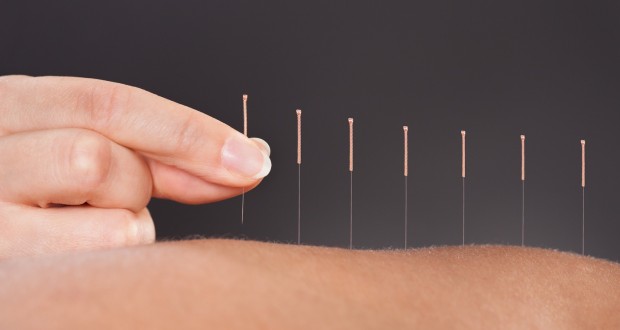
Unlike most conventional medicine practices, holistic medicine seeks to treat all components of the human body, which include physical, spiritual and emotional wellbeing. While not all alternative health care is widely accepted, a growing number of holistic medicine practices like massage therapy, acupuncture, and chiropractic are definitely gaining leeway in modern society.
Where conventional medical wisdom addresses physical symptoms of a disease, holistic medicine attempts to treat the whole person and get to the root cause of the illness through natural and holistic therapies. Holistic medicine like chiropractic, for example, is a great alternative to sometimes invasive surgeries and other traditional pain treatments involving medications that can carry strong side effects. Using an X-ray to determine where “subluxations” exist along the spine, licensed chiropractors can help to realign these spinal disruptions through gentle and safe adjustments (to the spine). If you haven’t yet experienced a chiropractic treatment for your chronic back pain and headaches, you should speak with your primary care provider to determine if chiropractic might be right for you.
Another holistic medicine – acupuncture, is part of Traditional Chinese Medicine (TCM), and facilitates fine, hair-like needles that are placed along acu-points of the body. Believing in restoring “Chi” (energy flow) to the body, acupuncture is widely used in pain relief, quitting smoking, stress reduction, and is even used to help alleviate symptoms related to the affects of cancer treatments.
Massage therapy is a holistic medicine that probably has the greatest historical roots in ancient healing. Used for thousands of years, massage therapy has shown remarkable value in reducing stress, lowering blood pressure, and improving overall health and wellbeing. Specific therapies range from basic Swedish massage to more intricate massage modalities like Trigger Point therapy. This holistic medicine is comprised of over 80 bodywork treatments that can be tailored to meet specific health needs and goals.
Some energy healing therapies like EFT (Emotional Freedom Technique), flower essence therapy, hypnotherapy, and Tai Chi are that part of holistic medicine that seeks to remove emotional and/or energy blocks in the body to improve health and wellbeing. Hypnotherapy has successfully been facilitated in helping individuals to lose weight, quit smoking, and in mild forms of depression.
Other holistic medicine disciplines like naturopathy, homeopathy, and herbology are closely interlinked, but each one of these practices is defined by its own set of educational and philosophical guidelines. Homeopathy, for instance, stems from a long history of healthcare exploration; but it wasn’t until Dr. Samuel Hahnemann, who in the late 1700s developed the holistic medicine into what it is today. Though naturopathic medicine programs often integrate teachings of homeopathy into academic curricula; its overall practices variants slightly from homeopathic medicine, itself. Herbology is commonly included in both naturopathic and homeopathic practices, but is also a major player in Oriental medicine therapies. Note also that there are some holistic medicine colleges that offer degree and diploma programs in herbal sciences, as well.
If you (or someone you know) are interested in learning more about these or other holistic medicine programs, let professional training within fast-growing industries like massage therapy, cosmetology, acupuncture, oriental medicine, Reiki, and others get you started! Explore holistic medicine [http://school.holisticjunction.com/clickcount.php?id=6634739&goto=http://www.holisticjunction.com/search.cfm] courses near you.
Holistic Medicine: New Ways to Healing
© Copyright 2008
The CollegeBound Network
All Rights Reserved
NOTICE: Article(s) may be republished free of charge to relevant websites, as long as Copyright and Author Resource Box are included; and ALL Hyperlinks REMAIN intact and active.

Source by CarolAnn Bailey-Lloyd
 Vitamin Agent The Health & Naturalistic Source
Vitamin Agent The Health & Naturalistic Source



